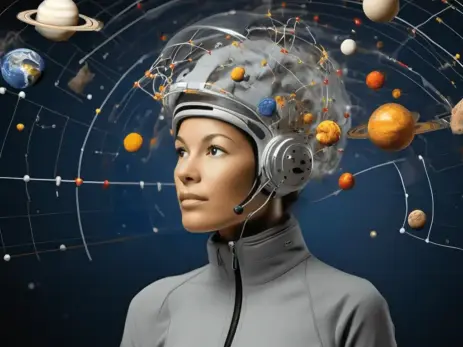The editorial "The Contribution of Internal and External Factors to Human Spatial Navigation" by Laura Piccardi, Raffaella Nori, Jose Manuel Cimadevilla, and Maria Kozhevnikov in Brain Sciences is now available online.
Spatial navigation involves various cognitive processes such as memory, attention, spatial updating, mental planning, and problem-solving skills. Additionally, internal and external factors like age, gender, familiarity with the environment, landmark attributes, and surrounding complexity can influence spatial navigation.
The main goal of this Special Issue, titled "The Contribution of Internal and External Factors to Human Spatial Navigation," was to study the roles of different internal and external variables in navigation. As a result, seven papers authored by distinguished scientists in the field were compiled to address this issue from diverse perspectives.






